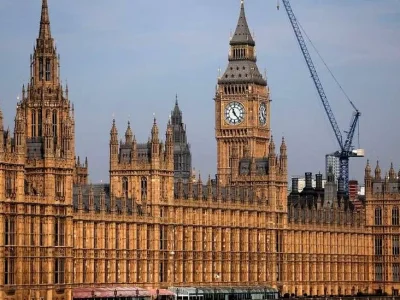Streaming services are set to be regulated by Ofcom for the first time, under new government proposals. Netflix, Disney+, Amazon Prime Video and other streamers will be given new rules that will bring them in line with traditional broadcasters. The culture secretary said the move would protect audiences from harmful material. The government also reiterated its intention to proceed with the privatisation of Channel 4.
The broadcasting reforms have been set out in a White Paper – a policy document – by the Department for Culture, Media and Sport (DCMS). It says they are intended to create a “new golden age” of British TV and “help the nation’s public service broadcasters thrive”.

Culture Secretary Nadine Dorries said: “The UK’s TV and radio industries are world-renowned for their creativity, driven by exceptional talent that is delivering groundbreaking public service programming. “Set against the backdrop of the digital transformation of our viewing habits, today’s plans will revamp decades-old laws to help our public service broadcasters compete in the internet age.”
Streaming regulations
While linear TV channels must currently abide by Ofcom rules, most Videos on Demand (VoD) services are not currently subject to the regulator’s Broadcasting Code. The changes put forward would oblige VoDs to protect audiences from harmful or offensive material, and adhere to rules regarding accuracy, fairness and privacy. The move will be welcomed by public service broadcasters (PSBs), who have been lobbying for streaming services to face the same regulations for several years.

The government said the new rules will primarily affect “TV-like” VoD services such as Netflix, ITV Hub and Now, and would “level the playing field”. Currently, the BBC iPlayer is the only VoD service which has to abide by Ofcom’s Broadcasting Code. But the proposals mean Ofcom would have the powers to draft and enforce a new VoD Code, to ensure that all streamers are subject to stricter rules. The government said the maximum fine for regulated VoD services which break the rules will be £250,000, or an amount up to 5% of an organisation’s revenue, whichever is higher.
![]()





